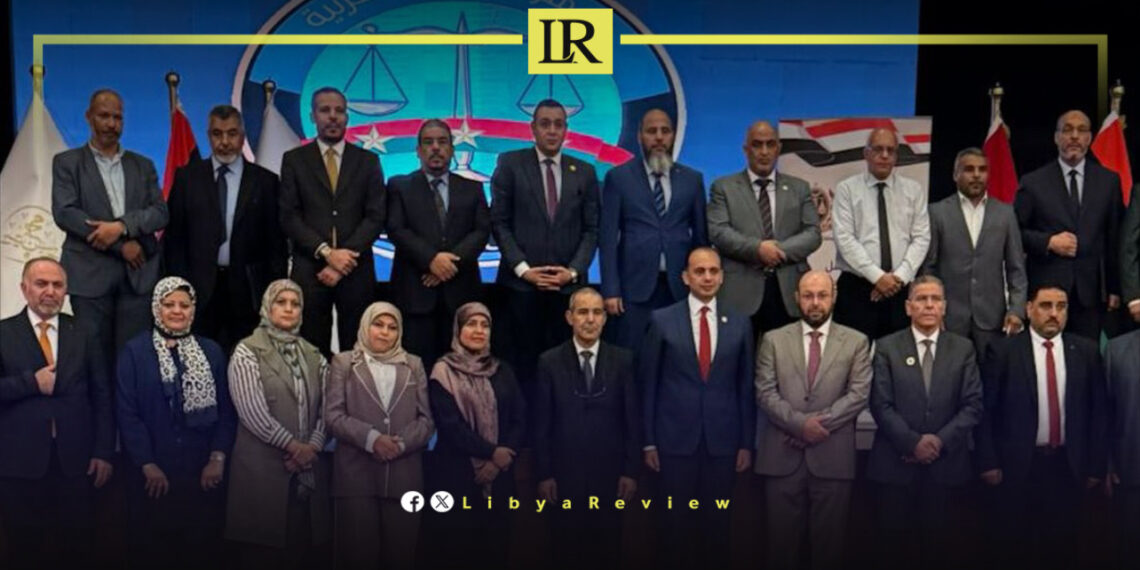As part of its international cooperation efforts, Libya’s Criminal Research and Training Center—affiliated with the Office of the Attorney General—has dispatched 20 members of the Public Prosecution to Egypt for a professional training program focused on criminal justice.
According to a statement released by the Libyan Attorney General’s Office, the initiative is part of the final quarter of the judicial year 2024–2025, and aims to foster experience-sharing between judicial institutions in both countries.
The training session, which concluded on Wednesday, July 23, focused on topics such as judicial mentoring, performance evaluation standards, and international quality benchmarks in institutional and individual performance within the criminal justice sector.
Libyan officials confirmed that the training is part of a formal cooperation agreement between Libya’s and Egypt’s prosecution modernization and development institutions.
This step reflects Libya’s ongoing commitment to building institutional capacity, aligning with international standards, and enhancing regional legal cooperation with peer jurisdictions.
Libya has been in chaos since a NATO-backed uprising toppled longtime leader Muammar Gaddafi in 2011. The county has for years been split between rival administrations.
Libya’s economy, heavily reliant on oil, has suffered due to the ongoing conflict. The instability has led to fluctuations in oil production and prices, impacting the global oil market and Libya’s economy.
The conflict has led to a significant humanitarian crisis in Libya, with thousands of people killed, and many more displaced. Migrants and refugees using Libya as a transit point to Europe have also faced dire conditions.
The planned elections for December 2021 were delayed due to disagreements over election laws and the eligibility of certain candidates. This delay has raised concerns about the feasibility of a peaceful political transition.
Despite the ceasefire, security remains a significant concern with sporadic fighting and the presence of mercenaries and foreign fighters. The unification of the military and the removal of foreign forces are crucial challenges.


